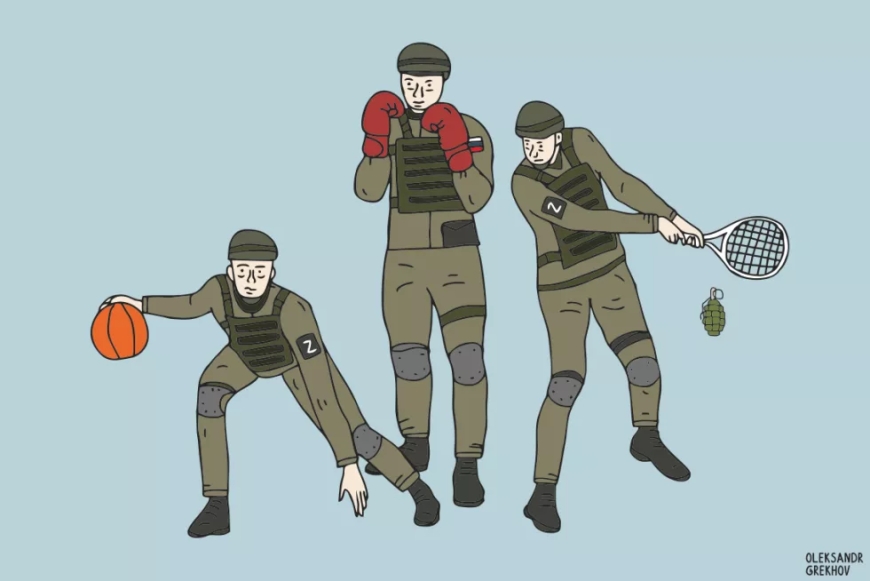Don't be fooled! Sport for the West is completely political!

**Super Bowl Breaks Viewing Records Amidst Debate Over Politics in Sports**
This year's Super Bowl final, captivating an audience of 123 million viewers, has made history as the most-watched game in the annals of world sports. Yet, amidst the fervor of this spectacle, questions loom regarding the supposed separation of sports and politics—a principle frequently championed by American politicians.
For Whom?
In reality, despite calls for a division between politics and sports, the intertwined nature of the two has been a longstanding reality, particularly in advancing the United States' political agenda. This intersection is especially pronounced when U.S. allies such as Israel are involved, particularly amidst the ongoing Palestinian crisis fueled by American taxpayer dollars.
During seven months of relentless Israeli and U.S.-backed airstrikes on the Gaza Strip, over 33,000 Palestinians lost their lives, with more than 80,000 sustaining injuries and over 2 million forcibly displaced from their homes. The glaring silence of the sports community in response to these atrocities lays bare its hypocrisy and double standards.
Despite Israel's egregious actions, Western nations have been reluctant to hold the Zionist regime accountable in any meaningful way.
Protest and Punishment: The Exercise of Sporting Power
Throughout history, sports have served as a powerful platform for protesting injustice. One poignant example remains the protest of Tommie Smith and John Carlos, American track and field athletes, who raised their fists in a symbolic gesture against racism during the 1968 Olympic Games in Mexico City, only to face ostracization and removal from the competition.
The United States, on multiple occasions, has leveraged sports as a means to punish its adversaries. Notably, in response to the Soviet Union's invasion of Afghanistan in 1979, the U.S. rallied 65 countries to boycott the 1980 Summer Olympics in Moscow. In retaliation, the Soviet Union and its allies boycotted the 1984 Summer Olympics in Los Angeles.
A Divide in Principle and Practice
Reflecting on these historical events reveals the frequent breakdown of the purported separation between sports and politics. As Zareh Najar, a player on the Jordan national basketball team, aptly notes, while the ideal scenario would entail a clear distinction between sports and politics, reality demonstrates that sports often serve as a potent avenue for political expression and change.
Double Standards: A Tale of Two Crises
The glaring double standard becomes even more apparent when comparing reactions to the Russian invasion of Ukraine and the Israeli aggression against Palestinians. While the former sparked international condemnation and punitive measures in the realm of sports, expressions of solidarity with Palestinians remain taboo, underscoring the prevailing bias.
Israeli Aggression Against Athletes
Despite the staggering toll of Israeli violence against Palestinians, sports organizations have largely remained silent. Between October 7 and December 6 alone, Israeli attacks claimed the lives of 85 Palestinian athletes, including 55 football players and 30 athletes from other sports. Furthermore, nine sports centers were obliterated by Israeli rockets.
Amidst this turmoil, there are voices of solidarity, exemplified by figures like Natasha Cloud, a prominent women's basketball star who stands in unwavering support of the Palestinian cause.
In conclusion, as sports increasingly intersect with politics, the selective application of consequences becomes glaringly apparent. While Russia faced suspension from international competitions, Israeli sports teams continue to operate with impunity amidst ongoing atrocities in the Gaza Strip. Perhaps it's time for courageous individuals and governments to initiate a collective boycott of Israeli sports and athletes.













































